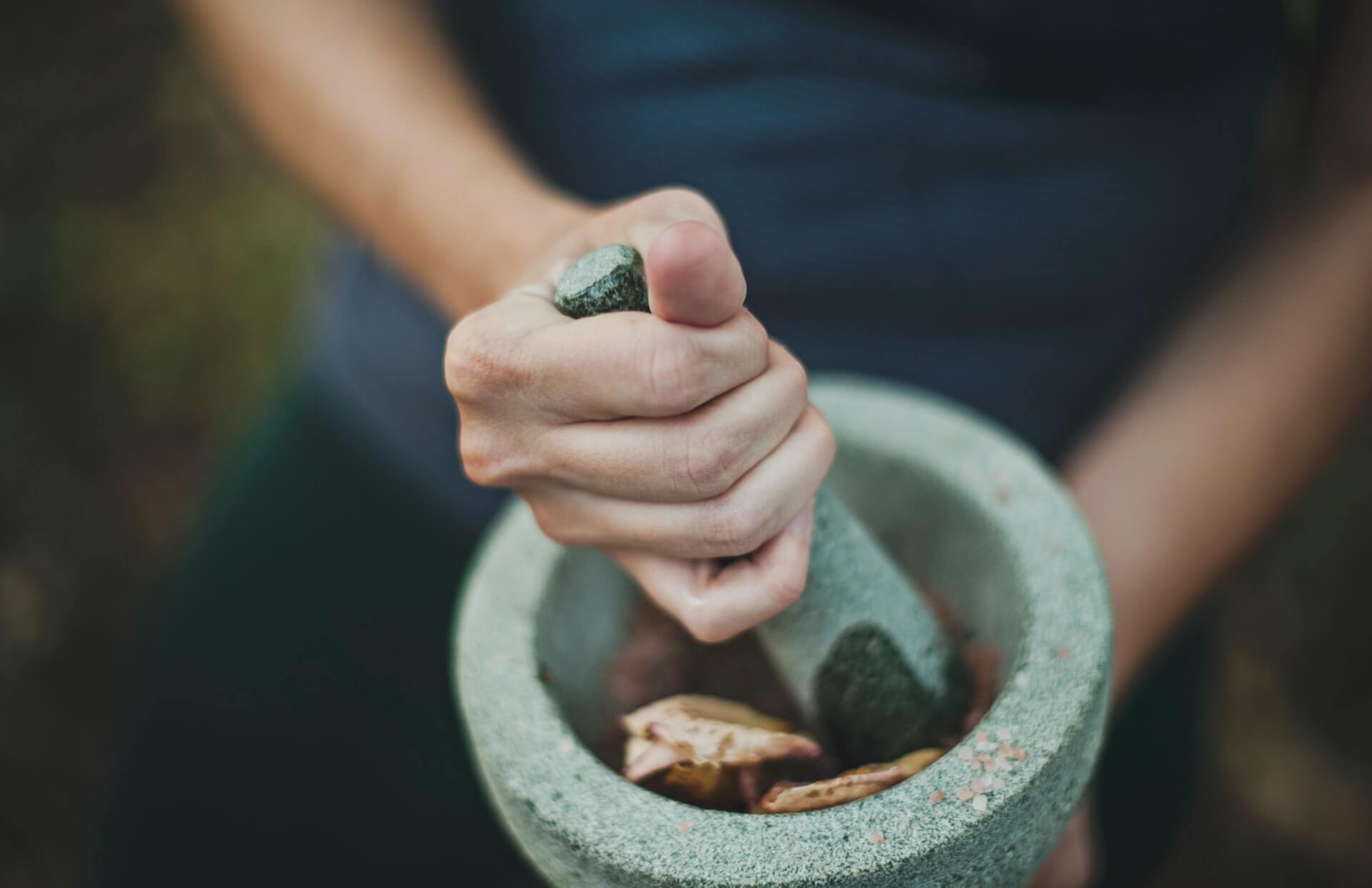Blog
Bust the myth: what's fact or fiction when it comes to cancer?
4 February 2021

From miracle cancer cures to claims about the latest diet or supplement that will prevent cancer, there is a myriad of misinformation about cancer not just in Australia but globally.
The digital sphere has provided a platform to misinformation, and this can be how common myths become widespread. Anyone can publish on social media or on the internet and it is instantly available for people all over the world to read.
The spectrum of misinformation varies from claims about sunscreens to alternative treatments. When it comes to sunscreen, we’ve also seen an increase in products that are marketed as a “safer alternative” to sunscreen. This marketing has led to people incorrectly believing that sunscreens contain chemicals that are bad for you – with a whopping 46% believing this to be true.
Sunscreens sold in Australia have been tested and reviewed by the Therapeutic Goods Administration. This means they have meet some of the most stringent criteria in the world to ensure they are safe and effective, so you can slop on the sunscreen as part of your five SunSmart behaviours of slip, slop, slap, seek, slide, with comfort knowing that you’re safe and protecting yourself from the sun.
When it comes to a cancer diagnosis, it can be an incredibly stressful and distressing time. It is an unfortunate reality that there are some people selling products and treatments that don’t do what they claim they will.
To understand some of the most common myths and misinformation surrounding cancer, we surveyed Australians and received some alarming results. We found 2 in 5 Australians incorrectly believe that alternative therapies can cure cancer.
Alternative therapies are used instead of conventional medical treatments and are often promoted as ‘cancer cures’ or ‘miracle cures’, despite being unproven and having not been scientifically tested.
Conventional medical treatments have been trialled and tested and have met stringent guidelines to ensure the treatment is safe and effective for cancer patients. If you have been diagnosed with cancer it is normal to want to find out everything you can about your treatment options. The volume of information that out there can sometimes leave you feeling overwhelmed so it’s important to consider the source and whether it is reputable.
Our survey revealed over one in 10 (12%) Australians believe news they read on social media or articles on the internet are the most trustworthy sources of health information. Equal numbers of Australians said they were likely to have changed their behaviour based on something they read online (21.3%) as they were because of government information (22%).
It can sometimes be difficult to separate fact from fiction so thinking critically about a source can be helpful. Think about things like whether it sounds too good to be true, if it dismisses treatments that we know are safe and effective (like chemotherapy or radiation therapy) or if any treatment or service is asking for things like upfront payments or for you to sign up before you receive all of the information.
Cancer Council’s website iHeard provides information about common myths and their 13 11 20 information and support line is available to help those affected by cancer and their loved one.
Tags

